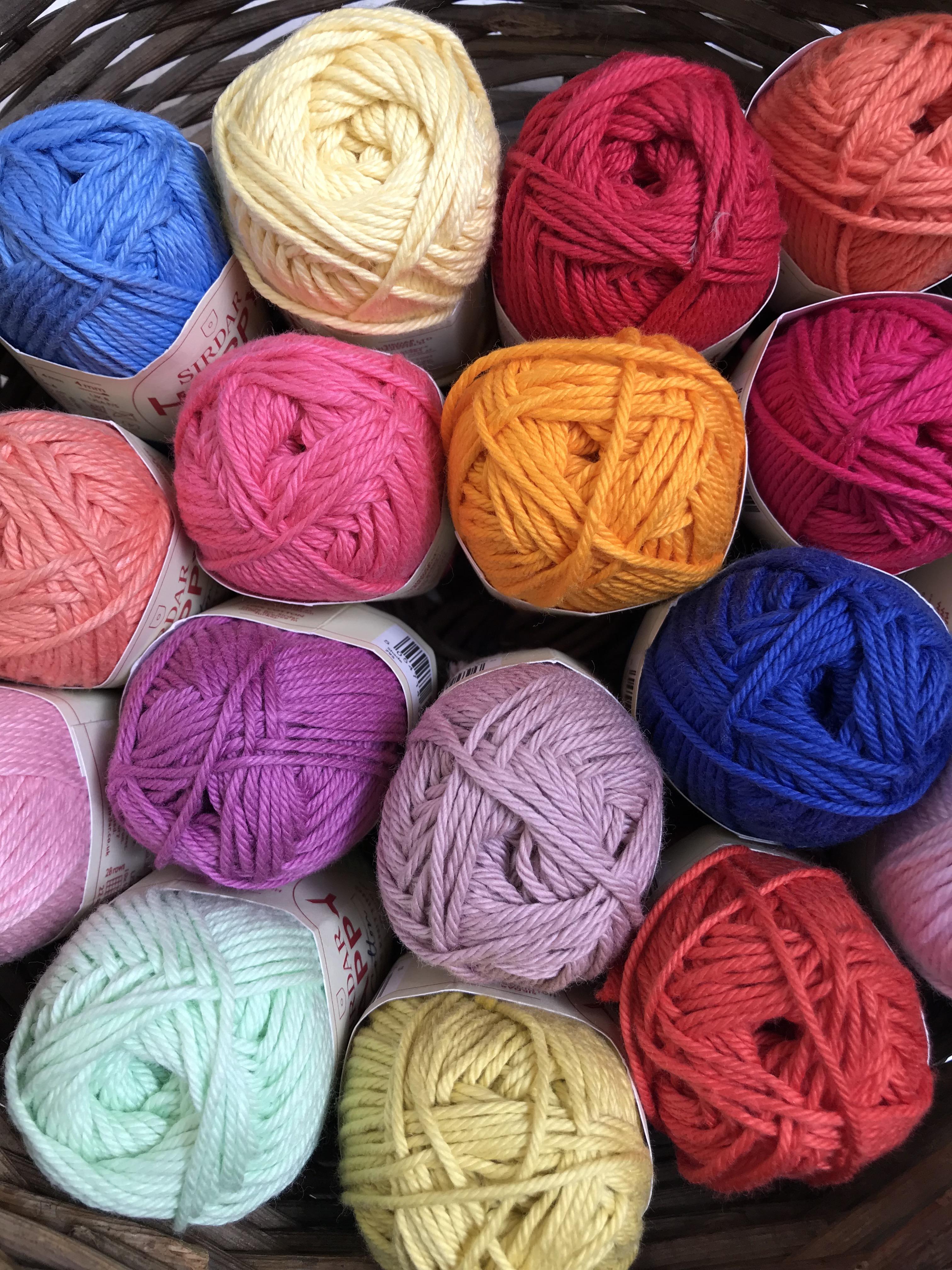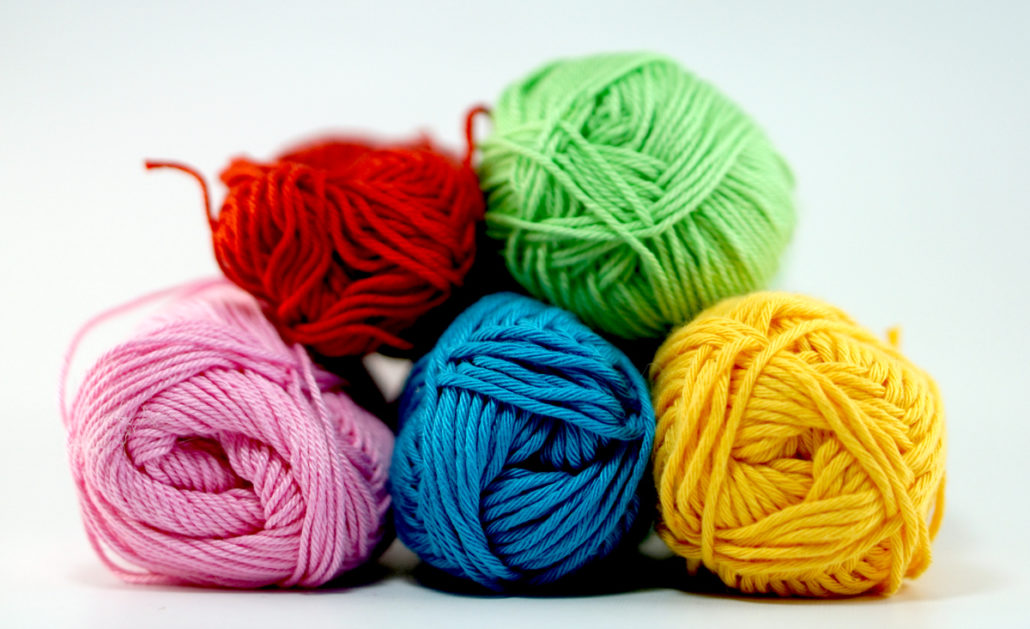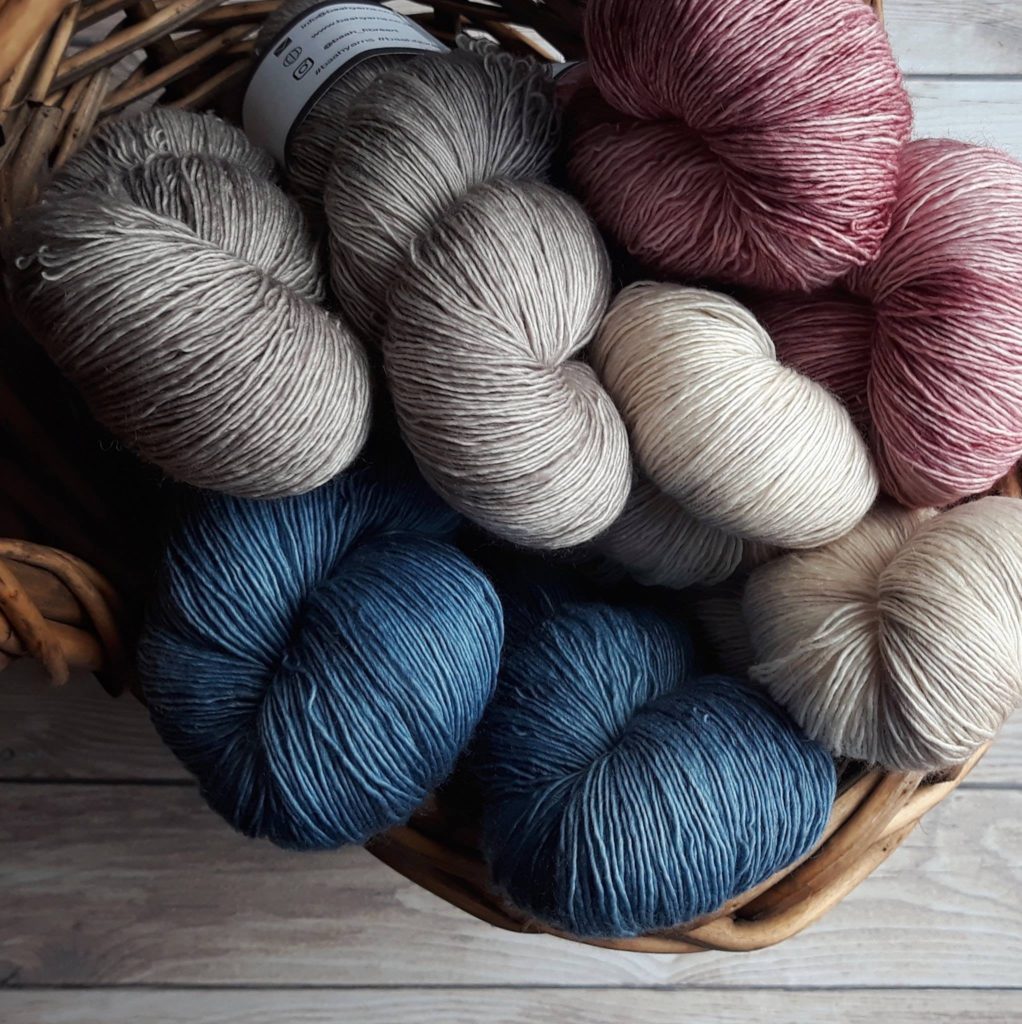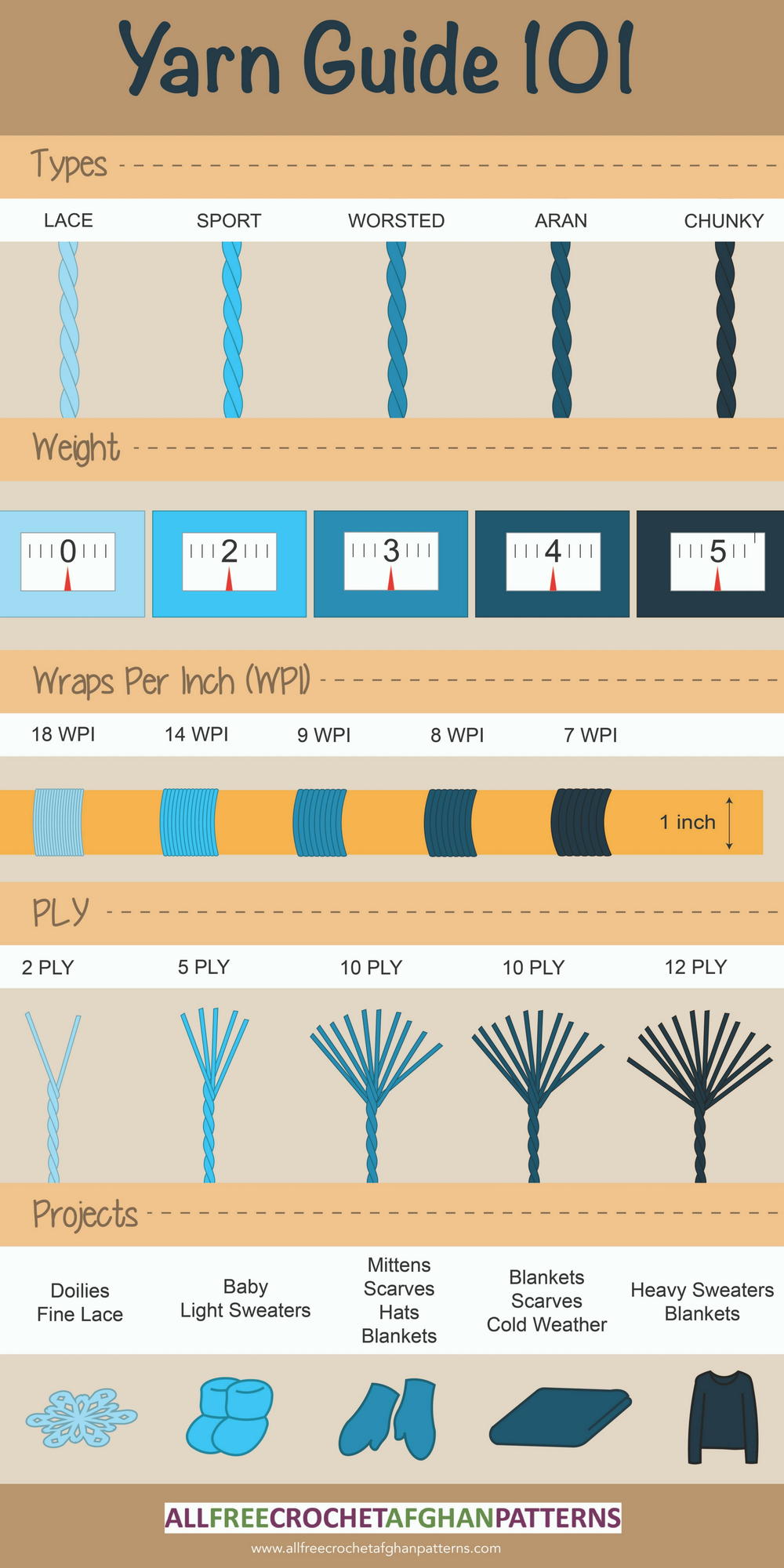
Crochet Yarn
In this comprehensive guide, we will unravel the world of crochet yarns, exploring the diverse types and varieties that ignite creativity and bring crochet projects to life. One of the key elements in crochet is the yarn you choose, and understanding the various types and textures of crochet yarn can significantly impact the outcome of your.

Yarn and hook combination for Crocheting Amigurumi Sugaridoo
It shows what is the yarn made of. There are three basic types of fibers: Natural, Synthetic and Blended. Natural yarn can be animal (from sheep, goat, camel, caterpillar, rabbit) or plant based (cotton, linen, bamboo, raffia). Synthetic yarns are made artificially of acrylic, nylon, polyester or rayon. Blended yarns are natural and synthetic.
/colorfulyarn-5941a9623df78c537bca3f0d.jpg)
Definitions and Uses for Acrylic Yarn in Crochet
Yarn Types - Fiber Content. The type of fiber, or yarn content, is what the yarn is made of. It can be divided into three categories: natural, synthetic, and blended. Natural fibers can come from plants or animals while synthetic fibers are man-made. Some common natural fibers from animal sources are: Wool; Alpaca; Silk; Cashmere; Mohair; Llama

Happy Berry Crochet Different yarn types and deciphering the terminologies
Look no further! In this article, you will find all the information you need to choose from the different types of yarn available. With an in-depth look at natural fibers and synthetics, you can pick the best option for your unique needs. Find out which yarn will make your craft sing! The Different Yarn Weights

Yarn Types Explained for Crochet Beginners How to Choose the Right Yarn Sigoni Macaroni
Alpaca: Alpaca yarn is a type of yarn that is made from the fleece of alpacas. Alpaca yarn is valued for its softness, warmth, and hypoallergenic properties, and is often compared to cashmere or silk in terms of its luxurious texture. Bamboo: Bamboo yarn is a type of yarn that is made from bamboo fibers.

500g Pure natural 48 Cotton yarn for crochet 52 Linen Silk yarn for knitting Section dyeing
1 Comment There are many different types of yarn for crocheting. If you are an experienced crocheter, then perhaps you have experimented with numerous types of yarn for your projects, but some crocheters may stick to the most common yarn types for a variety of reasons.

How to Choose the Right Yarn for a Crochet Project
Pattern of the Day Types of Yarn + Yarn Weights Explained Before starting your next crochet project, learn about yarn types and yarn weights. By: Christine Weiher, Editor, AllFreeCrochet.com 10 Comments Learn the types of yarn fibers that are available for crochet patterns (along with knitting and other yarn crafts ).

100 Cotton 50g/Pcs 0.8mm Lace Crochet Yarn By 1.5mm Crochet Hooks, Hand Knitted baby Silk Thin
263 If you have spent any time shopping online for crochet yarn or walking the aisles of a yarn store, you are fully aware of the vast array of yarn choices available. In this article, we'll look at the many different types of yarn available to crocheters, from dye techniques to spin styles and finally fiber types. Contents Dye Techniques

Best Types of Knitting Yarn Grandma Knits
5 // Variegated Yarn. Though very pretty, variegated yarn looks like a labyrinth to the untrained eye. It will be very tricky to learn crochet with a yarn like this, as the pattern is much too busy. What To Use Instead: Find a solid colored yarn that is the same color throughout the skein.

Different Types of Yarn Victori's Creations Crochet
Synthetic Synthetic fiber yarns are spun from man-made materials such as acrylic, polyester or polypropylene. They too exhibit some interesting properties, as they are non-shrinking, and usually waterproof. Synthetic fiber yarns are usually less expensive, available in a greater variety of colors and more resistant against the elements.
/best-yarn-for-crochet-979065-FINAL-5bb4fcbec9e77c002644295e.png)
Choosing the Best Yarn for Crochet
When it comes to types of yarn, there are really three main sources: plant based, animal based, and man made (synthetic). I've touched on what I consider to be the most popular types of yarn within each category. Plant Based Yarns Cotton Cotton is a plant based yarn that is grown in many different countries.

What is the Difference Between a Hank, a Skein, a Ball, and a Cake of Yarn? Yarn Basics 101
Fiber Type The first decision that you have to make is what type of fiber you are going to work with. There are many, many different options for both animal fibers and plant fibers. You can crochet with everything from baby alpaca yarn to banana silk yarn. However, the three most common yarn choices for beginners are wool, cotton, and acrylic yarn.

Yarn Weight 101 Infographic
For instance, a four-ply (4ply) yarn, which has four strands spun together, will be double the thickness of a two-ply (2ply) yarn (of the exact same fiber content) because it has only two strands spun together. Ply is only one yarn characteristic, but it is an important one as the number of plies has a tremendous effect on the final yarn product.
/98280316-56a1e52e5f9b58b7d0c4617d.jpg)
Choosing the Best Yarn for Crochet
The types of yarn you use generally depend on what that yarn is made up of. Here is a list of the most common types of yarn, along with suitable uses and washing care. Types of Yarn by Fiber Source. The different types of yarn material for crochet and knitting can be broken into: Man-made yarn; Animal-based fibers; Plant-based fibers

100 Cotton Yarn Soft Baby Summer 3 Lace Yarn For Crocheting Fine Combed Yarn Knitting Thin
September 19, 2023 by Sarah Reed Embarking on a crochet project is an exciting journey, but it all starts with choosing the right yarn for your creative creations. With many yarn types available in the market, picking the perfect one for your masterpiece may seem overwhelming. Contents show
/Stocksy_txp1019f429W7w100_Medium_847025-5ae9ea9bae9ab80037ad74bc.jpg)
The Best Cotton Yarns for Crochet
Share this post with friends Crocheting is a beloved craft that allows you to create beautiful and functional items using just a hook and yarn. The type of yarn you choose for your crochet project can greatly impact the final result, affecting everything from the texture to the drape of your finished piece.